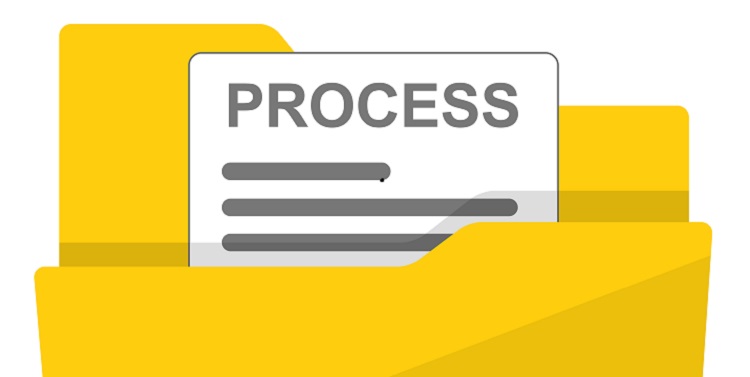Equity Services Inc. (“ESI”) may not retain custody of client assets, including security/stock certificates and funds, or serve in any capacity that gives ESI and/or its representatives legal ownership, control of, or access to client funds or securities.
Custody Defined
RRs/IARs who have custody or possession of client securities or funds are subject to extensive regulation pursuant to SEA Rule 240.15c3-3(k)(2)(ii) for broker dealers and Rule 206(4)-2 under the Investment Advisers Act of 1940 for investment advisers. These rules define custody as “holding, directly or indirectly, client funds or securities, or having any authority to obtain possession of them.”
ESI is exempt from these rules as long as ESI does not maintain custody of client funds or securities. This requires that ESI clear all transactions with and for customers with a clearing firm and promptly transmit all customer funds and securities.
Examples
Examples of what constitutes custody include:
- Possession of client funds or securities held beyond noon the next business day. Examples include:
- Bond or stock certificates,
- Checks received with a new account or transfer of funds, or
- Checks received for a subsequent investment.
- Any arrangement which authorizes or permits an RR/IAR to withdraw client funds or securities (e.g. a general power of attorney or signatory power over a client’s account, direct debiting of advisory fees, etc.)[1].
- Any capacity (e.g. general partner of a limited partnership, trustee of a client’s trust, etc.) that gives an RR/IAR or a supervised person legal ownership or access to client funds or securities[2].
- Having access to a customer’s bank account or the login info for their banking website.
Prompt Processing
Checks and transaction paperwork must be processed according to prompt processing requirements which means:
- Checks (new business and additional investments), and the paperwork accompanying checks, must be forwarded by noon the next business day after receipt,
- Transaction paperwork without checks must be forwarded within 2 business days after receipt, and
- For annuity paperwork, with or without checks, the Main OSJ has 7 business days from the Field OSJs date of receipt of the application to review and forward the application to the carrier. Field OSJs must promptly complete their review and forward annuity paperwork to the Main OSJ to allow time for the Main OSJ’s review and approval process.
To help ensure business is processed promptly:
- Have paperwork completed and signed electronically in Docupace to avoid delays between getting paperwork signed and putting it in Docupace.
- Promptly put manual paperwork into Docupace.
- Use Mobile Check Deposit when possible.
- Remember that additional investment checks do not require approval. Send additional investment checks to the product offeror concurrently with putting a copy in Docupace.
Handling inadvertent receipt of assets:
In the event that you inadvertently receive funds or security certificates from a client or have to return funds or securities to a client:
- Promptly record receipt on the Checks Received/Transaction Blotter.
- Scan into Docupace using “ESI Inadvertent Receipt”. Items to be scanned should include copies of the following, as applicable:
- Item(s) received (stock certificate(s) or check),
- Correspondence returning item to client,
- Overnight package receipt with tracking number to ensure delivery.
- Reject the item(s) in Docupace (submitter rejects).
- Return to the client in-person or by overnight mail by noon of the next business day.
What to do if a check or security is accidently held?
If for any reason, a check or security is held beyond noon the next business day, please notify your supervisor, who will then advise ESI Compliance. We are required to report these instances annually to the SEC.
Questions:
If you have any questions, please feel free to contact ESI Compliance at 800-344-7437.
CLICK HERE TO VIEW FIELD NOTICE 2022-28 IN FULL
(Having trouble with the link? Try refreshing your cache and logging into the NL Agent portal before clicking the link!)
[1] Exceptions may be granted in situations involving family members (“family member” is a defined term in section 2.5.5 of the ESI Written Supervisory Procedures) but must be reviewed and approved by Compliance prior to establishing the relationship.
[2] Same exception as noted in footnote 1.
TC129687(1122)1


